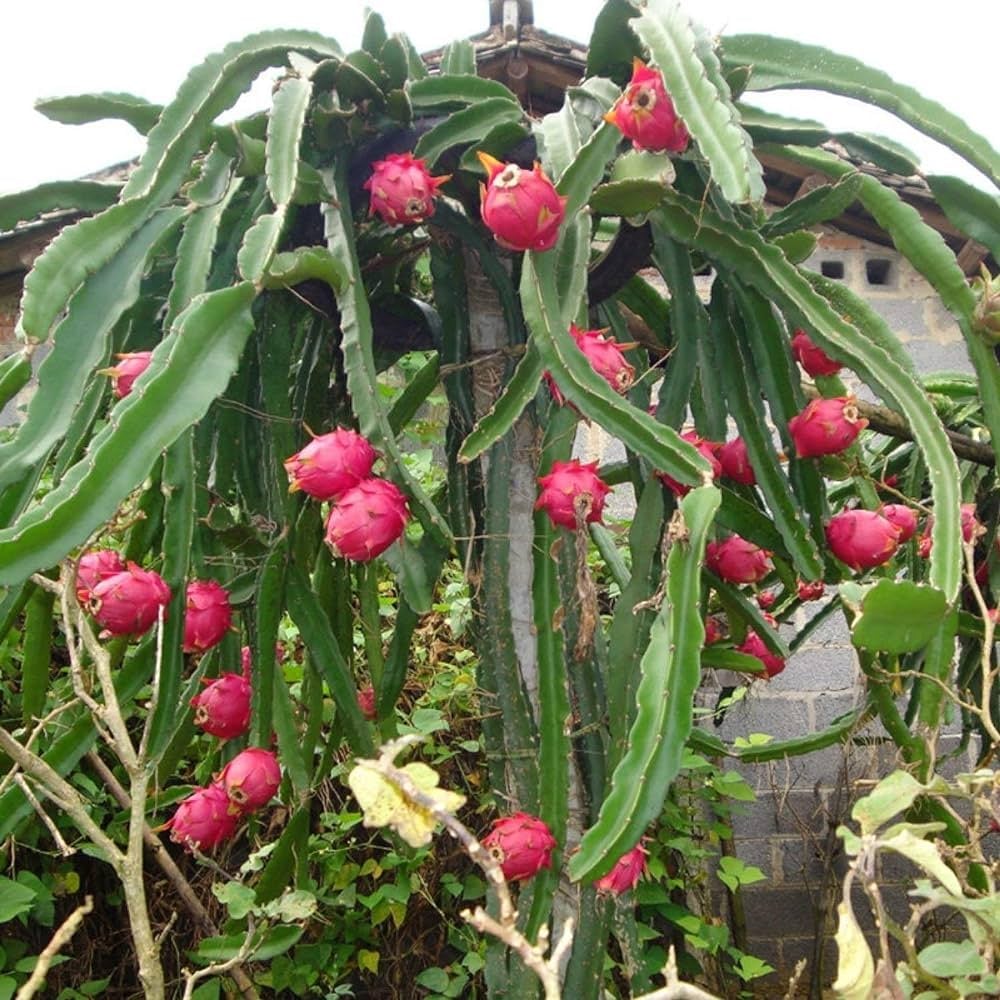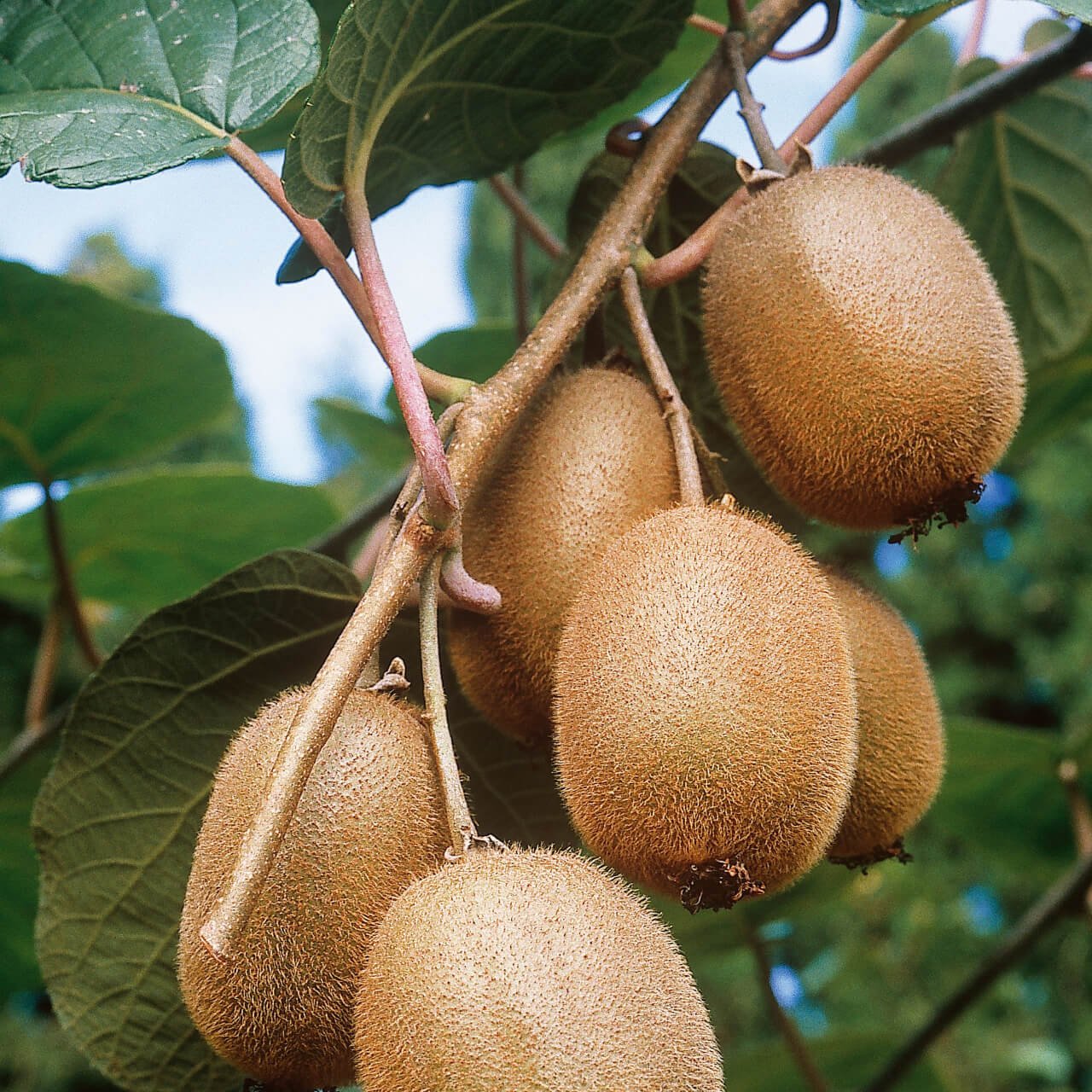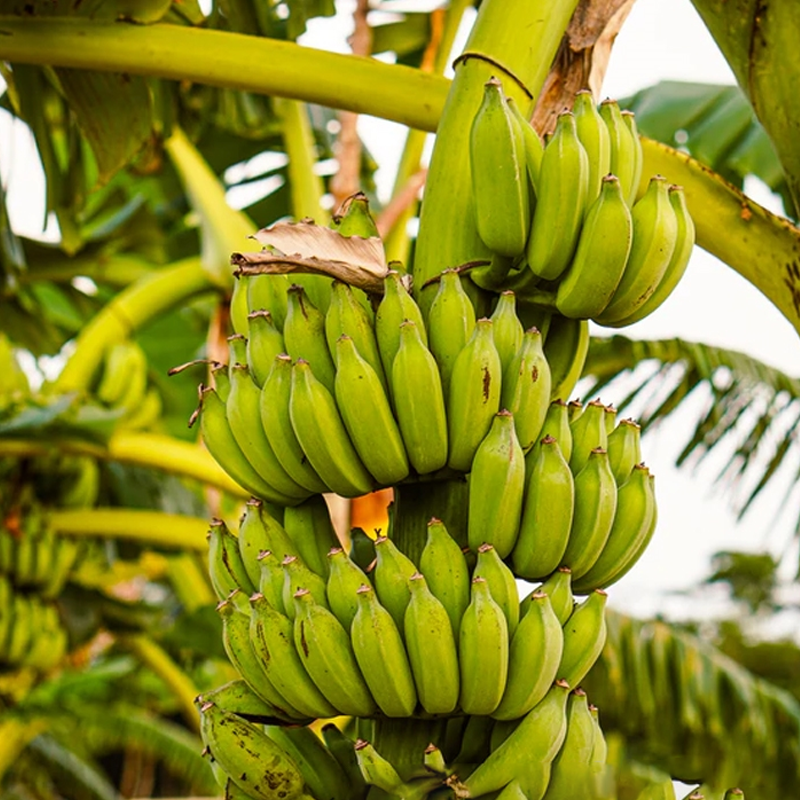



European Ginger
Beautiful evergreen ground cover option
Excellent for shaded garden areas
Low-maintenance with spreading foliage
Thrives in
ZONE 4ZONE 5ZONE 6ZONE 7ZONE 8This plant ships:
Ships Week of May 12th1 Year Guarantee on all plants
European Ginger - Asarum Europaeum
European Ginger is a shade groundcover most often grown as a specimen plant. This is credited to the plant’s awe-inspiring heart-shaped leaves that shine, even in the shade, due to its glossy texture. It spreads slowly and methodically at a natural pace. Its root system is rhizomatic, meaning it grows horizontally underneath the soil. Its growth is facilitated by the formation of small shoots that provide nutrients to a larger storage structure. This slow-growing nature makes the plant highly easy to care for and supremely self-sufficient.
Plant Details - European Ginger
Family: Aristolochiaceae
Light Requirement: Partial Shade - Full Shade
Water Needs: Moderate - Moist
Height: 4-6 in.
Spread: 12-18 in.
Growth Rate: Slow - Moderate
Bloom Time: Spring
Flower Color: Purple, Brown, Burgundy, Maroon
Wildlife Value: Shelter for small creatures, dissuades unwanted pests
This plant is a wonderful addition to any shade garden. It grows best in well-drained soil with a constant moisture source, preferring loamy or sandy soils. Direct sun can harm the leaves, so be sure to plant this with plenty of reliable cover overhead. Its shade preference lends itself to being perfect to grow under trees for added interest in an otherwise difficult spot to fill. This plant prefers soil that leans slightly acidic. Under proper conditions, this plant will produce hidden, deeply colored flowers under leaves that provide a sense of magic.
Landscape Uses and Maintenance - European Ginger
European Ginger is so unique and lovely that as a groundcover it is chosen to add interest. The glossy leaves attract the eyes of any who wanders through the garden. The foliage that is wound tightly to the ground provides a safe structure for some critters such as amphibians or small mammals, providing habitat for fragile creatures that can be difficult to come by in most landscapes. This groundcover is also known for being not only deer and rabbit resistant but also dissuading the pests entirely due to a subtle scent detected by the animals. This plant is definitely low maintenance, only needing to be checked about once a week to ensure proper soil moisture.
Noteworthy Characteristics
European Ginger’s heart-shaped leaves are iconic for good reason. The neat mound this plant forms is easy on the eyes and delightful to find in any shade garden. When grown around trees or other large shade-giving structures, the shape of the leaves is reminiscent of lily pads in a pond. The veins of the foliage are bright and an additional burst of life.
This Is How Your Plants Will Look upon Delivery

Height at Maturity
Under 12"
Care
European Ginger thrives in well-drained soil with consistent moisture. It favors a barely acidic to neutral pH and benefits from regular watering. Ensure adequate spacing to promote airflow and prevent disease. Avoid overwatering to prevent root rot.
Plant Reproduction
European Ginger spreads through shallow, horizontal stems, forming roots and new shoots.
Shipping date depends on the date displayed and chosen when you order from the product's page.
We only accept returns on plants verified dead. If you think your plants have died, we offer a 1 year warranty, please use this File a Claim Link to verify dead plants and start with return warranty process.






Shade Tolerant:
This plant thrives in low-light conditions, making it an ideal choice for areas where other plants struggle. Its ability to flourish in the shade ensures your garden looks vibrant even in darker spots.
Lush Ground Cover:
European Ginger boasts glossy, heart-shaped leaves that create a dense and attractive ground cover. Perfect for shady areas, it fills in gaps and provides a lush, green carpet in your garden.
Fragrant and Deer Resistant:
European Ginger emits a pleasant, subtle fragrance that adds to your garden’s sensory experience. Additionally, its leaves are deer-resistant, ensuring your garden remains undisturbed and beautiful.
Low Maintenance:
European Ginger requires minimal care once established, needing only occasional watering and little to no fertilization. Its hardy nature makes it an excellent option for gardeners seeking low-effort beauty.
Caring Tips
How do I care for my European Ginger?
Each box contains detailed care instructions and information about your product. But here's the basics.
Care Tips
European Ginger thrives in well-drained soil with consistent moisture. It favors a barely acidic to neutral pH and benefits from regular watering. Ensure adequate spacing to promote airflow and prevent disease. Avoid overwatering to prevent root rot.
Light Requirements
European Ginger (Asarum europaeum) thrives in low to medium light conditions. It prefers partial to full shade, making it ideal for woodland gardens or under the canopy of trees. Direct sunlight should be avoided to prevent leaf burn.
Hardy Planting Zones
4 • 5 • 6 • 7 • 8
Header
Use this content to share information about your store and products.
Frequently Asked Questions
How often should I water my plants?
How do I know if my plant is getting too much or too little sunlight?
What should I do to prepare my plants for winter?
What are the signs that my plant needs fertilizing?
How can I prevent pests from damaging my plants?
How do I choose the right plant for my climate zone?






